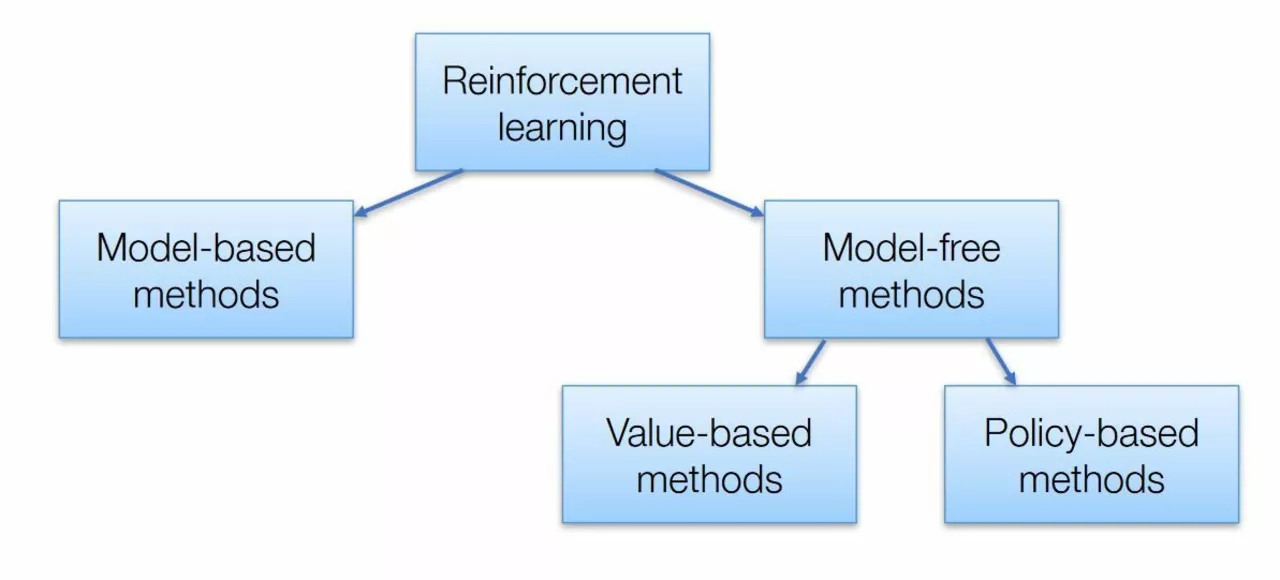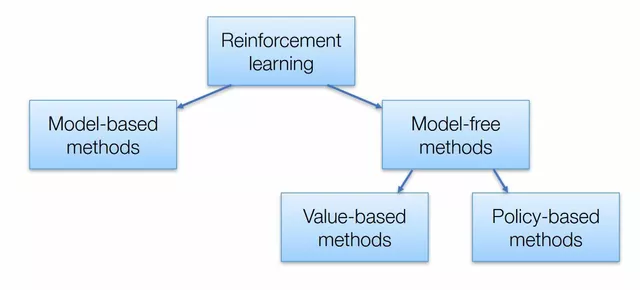Privacy Concerns: What You Should Know
Ever feel like someone’s watching your every click? You’re not imagining it – privacy concerns are real, and they affect anyone who uses the internet. From social media feeds that seem to know you better than you know yourself, to apps that collect data you never thought mattered, the digital world has a habit of spilling secrets. The good news? You can take control without becoming a tech wizard.
Common Privacy Issues You Face Every Day
First off, think about the apps on your phone. Most of them ask for permissions they don’t really need – location, contacts, microphone – just to work “better.” Those permissions let companies piece together a detailed picture of your habits. Then there’s web tracking. Every site you visit drops cookies, and third‑party trackers follow those cookies across the web, building a profile you can’t see. Social platforms collect likes, comments, and even the time you spend scrolling, turning your hobby into data they sell to advertisers.
Another big issue is data breaches. When a company stores your password in plain text or uses weak encryption, hackers can steal it in seconds. The fallout isn’t just a spam inbox; it can lead to identity theft, credit fraud, or even blackmail. And let’s not forget public Wi‑Fi. Connecting to a coffee‑shop hotspot without protection is like shouting your personal details across a room full of strangers.
Practical Tips to Protect Your Data Right Now
Start with passwords. A strong password mixes letters, numbers, and symbols, and you should avoid reusing it across sites. If remembering them feels impossible, a reputable password manager can generate and store them securely. Enable two‑factor authentication (2FA) wherever it’s offered – a text code or an authentication app adds a second lock that stops thieves even if they have your password.
Next, audit app permissions. Go into your phone settings and revoke any access that isn’t essential. For browsers, install privacy‑focused extensions that block trackers and force websites to use encrypted connections. Regularly update your operating system and apps; patches often fix security holes that hackers exploit.
When you’re online, think before you share. Personal details like birthday, address, or even your pet’s name can be used for security questions. Use privacy settings on social platforms to limit who can see your posts, and consider posting under a pseudonym if you discuss sensitive topics.
If you need to use public Wi‑Fi, turn on a trusted VPN. A VPN encrypts your traffic, making it look like it’s coming from a different location and keeping eavesdroppers in the dark. Finally, back up important files to an external drive or a secure cloud service – if ransomware hits, you won’t lose everything.
These steps don’t make you invisible, but they raise the bar high enough that most data collectors will give up. Privacy is a habit, not a one‑time fix. Keep checking your settings, stay curious about how your data is used, and you’ll stay one step ahead of the next privacy concern.

What is the problem AI will bring us?
As a blogger, I've been noticing a growing concern surrounding the rise of Artificial Intelligence (AI) in our society. One major problem AI could bring us is job displacement, as more tasks become automated, potentially leaving many people unemployed. Additionally, AI's decision-making abilities may lead to ethical dilemmas, as machines might not consider the nuances of human emotions and values. Furthermore, the risk of AI being used for malicious purposes, such as in cyber warfare, is a frightening possibility. In summary, while AI has the potential to revolutionize our world, it also raises significant concerns about job security, ethical dilemmas, and the potential for misuse.
CONTINUE READING



